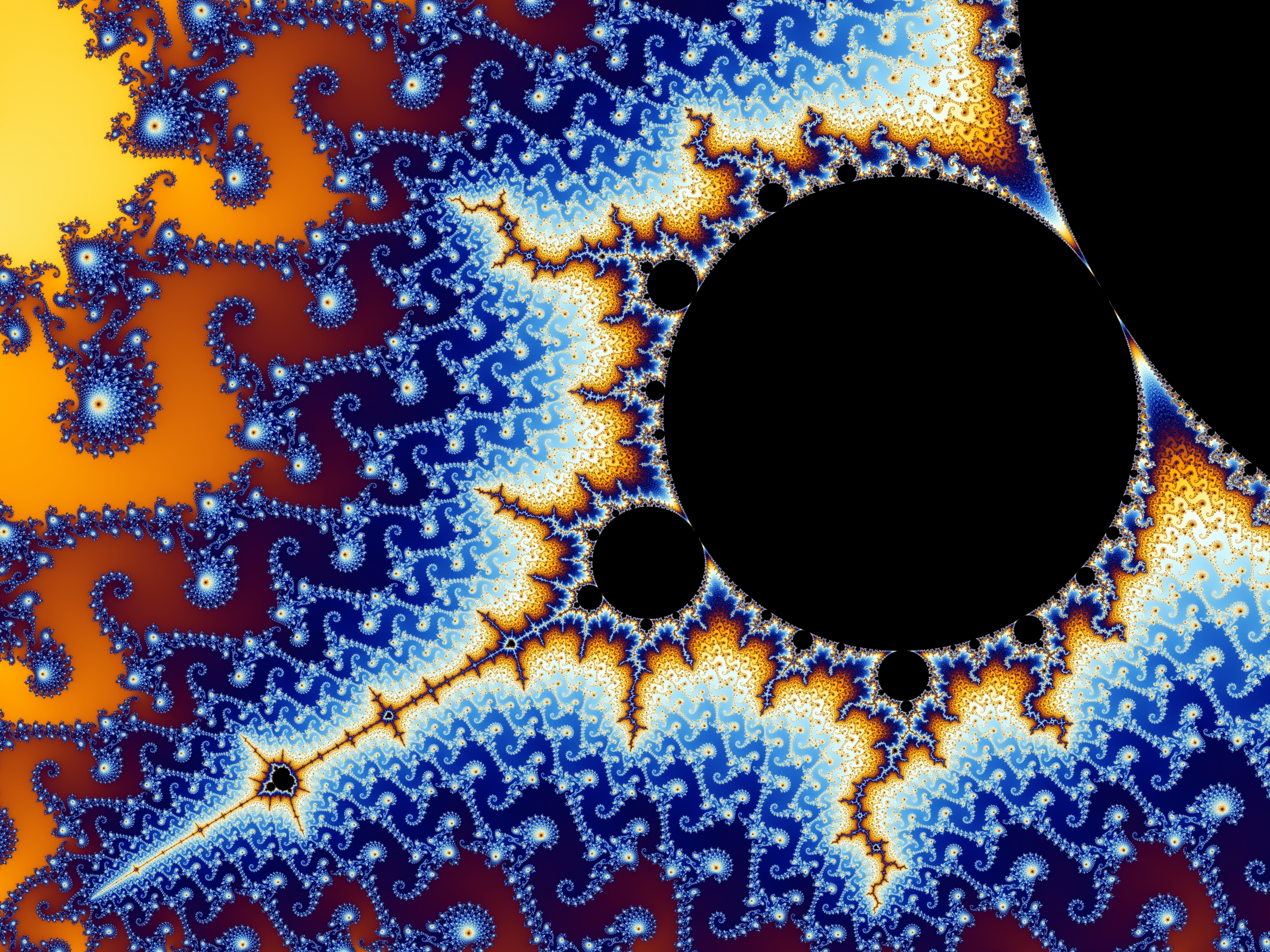You can memorize a fact but as soon as you memorize the context (you do this by arranging the fact and related facts in your head so that they "make sense") you have ,by my definition "understood" the fact.Is knowledge merely ''knowing'' information, or is it actually understanding it enough to be able to teach someone else about it
Note that this does not mean you have correctly understood the fact ; if the context you place this fact in is somehow flawed to an outside observer(or to yourself at a later time) , then it will appear that you have misunderstood the fact.
This is why ,I imagine you are advised to read a text more than once if you are taking an exam on it. The first time is to line up the "facts" in the memory and subsequent readings are to make an ordered sense of them -after which time the facts are remembered in different ways and contexts.
When I was a more prolific reader I well remember reading whole pages only to realize I had taken nothing of consequence in. I had simply read the passages by rote.


